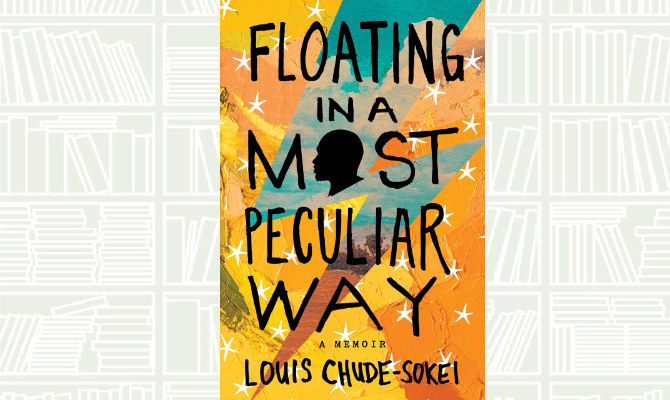Louis Chude-Sokei has such a unique coming of age story that spans across several continents beginning in the short-lived African nation of Biafra and ending in Los Angeles.
“This is a story of a young Black man trying to find himself in a world where he never quite seems to belong,” said Ijeoma Oluo in a review for The New York Times.
“Too African for Jamaica, too Jamaican for America, too American for Nigeria, Chude-Sokei grows up grasping at these various identities in the hopes of finding a Blackness that fits him, as each of these realms places its own, often contradictory, expectations upon him,” said Oluo.
“I cringed with recognition as Chude-Sokei attempts and fails to escape American racism by embracing his African forebears’ prejudice against Black Americans. But Chude-Sokei resists editorializing,” added Oluo.
“There are no life lessons, no rationalizations of the bigotry and violence that exist in a diaspora so ravaged by white colonialism. We must look at the author’s story, see how messy it is, and try to figure out why alongside him,” the review said.
























